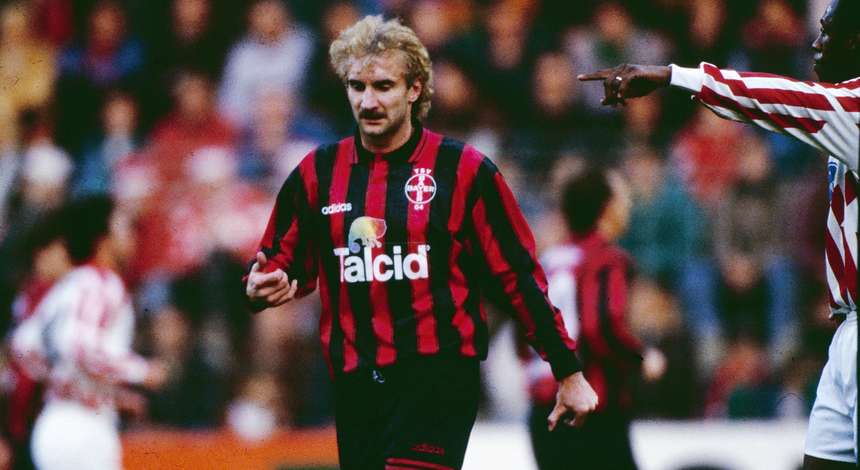
Whenever there is the greatest need, where no alternative appears possible, the football sector in this country – in the tradition of almost 60 years of professional football – knows no taboos and gets straight down to the nitty-gritty in an emergency. Here – how else could it be – it's all about money. How can we improve our revenue?
That was the case in the 1970/71 season when people turned their backs in desolation on professional football made in Germany and they stayed at home in droves to demonstrate after the incredible Bundesliga scandal, the darkest chapter in an otherwise mainly spotless success story. The football community only discovered solace and a new start in the lifeline of the home World Cup in 1974.
Now it's happened again. A pandemic casts a shadow over public and private life in the country. Football is played again, albeit for months – in the truest meaning of the word – as if controlled by an invisible hand. Matters are complicated by the league possibly being unable to attract part of the support, now lost due to an invidious virus, back to the stadiums. The general situation bodes – justified or not – little that is good. For good reason, German football looks, unsettled and envious, at the island of the flush motherland of football.
To avoid a disastrous imbalance, the new DFL boss Donata Hopfen recently explicitly failed to rule out the introduction of play-offs. A format like that, played in a "football week", could, on the one hand, bring a significant increase in funds for the qualified clubs in the additional championship round and, in the best case scenario, simultaneously interrupt the tiresome dominance of the perennial champions Bayern Munich.
Reactions were as expected in part. The sports journal ‘kicker’ immediately launched a survey of its readers. 36.9% we're happy with the suggestion. 63.1% were against it. A way of ascertaining the champions of Germany that could descend into a type of lottery? That can't be done with the tradition-conscious German fan.
Christian Streich, the wise man from Freiburg, declared "the fairest way is for the champions to be the ones who have the most points after 34 games." Of course, Uli Hoeneß also made his contribution: "A joke of an idea. The champions in the Bundesliga should be the best team after 34 matches and one that’s been through thick and thin with their team. It's only aimed against Bayern Munich. It's nothing to do with increasing excitement."
The proposal was rejected in the clearest possible way by Leverkusen sporting managing director Rudi Völler. When it's all about the basic values of his favourite sport, the former celebrated striker leaves no doubts about his qualities as a defender as he sweeps away all the fuss: "A completely wrong approach. I'm dead against it."
Völler believes a new rule like that would be submerged by the performance criteria in German football. An unacceptable idea for him. When the basic values of his favourite sport are endangered, the football expert does not see the funny side. And the whole thing is not made any better for the pro and sportsman Völler by the idea of fair play possibly being damaged by this approach.
The author of this little column, who has outed himself many times as a football romantic, shudders at this idea as it could end up seeing on calculable coincidence replace expertise and continuity.
With that in mind
Hermann Josef Weskamp
Related News
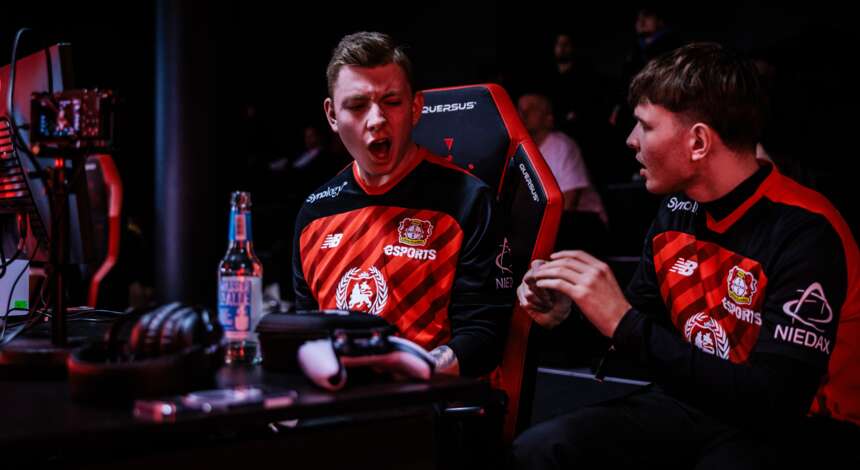
#B04eSports: Leverkusen through to third straight VBL CC final after play-off win
Job done: the Bayer 04 eSports team defeated SV Darmstadt 98 in the play-offs to secure their consecutive participation in the VBL Club Championship final. The journey continues now for Leverkusen on Saturday 7 March (from 17:00 CET) with a last-16 encounter at Hamburger SV.
Show more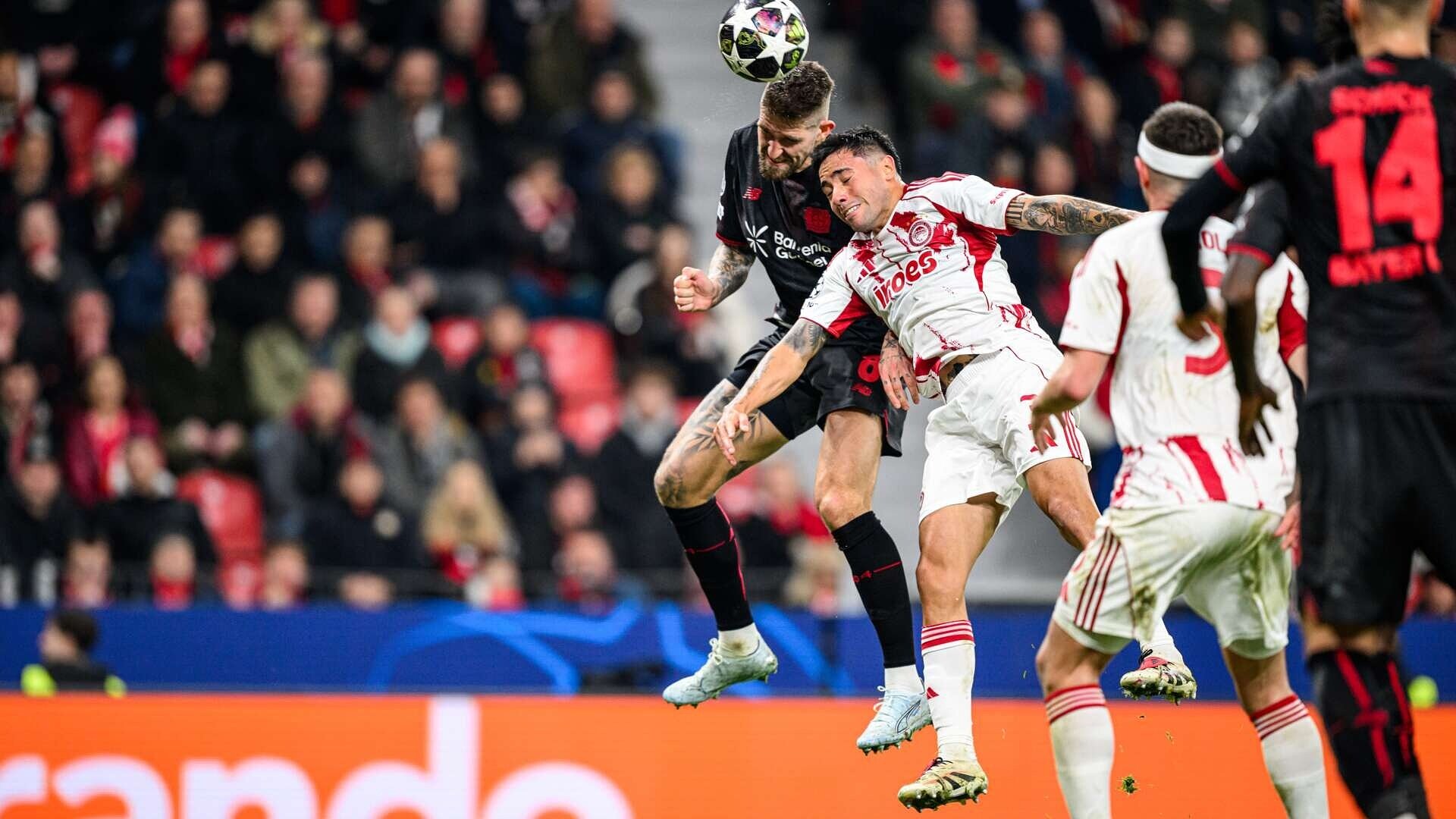
TV highlights of the 0-0 draw against Olympiacos
Werkself TV shows highlights of the 0-0 draw against Olympiacos in the second leg of the play-offs of the UEFA Champions League 2025/26 league...
Show more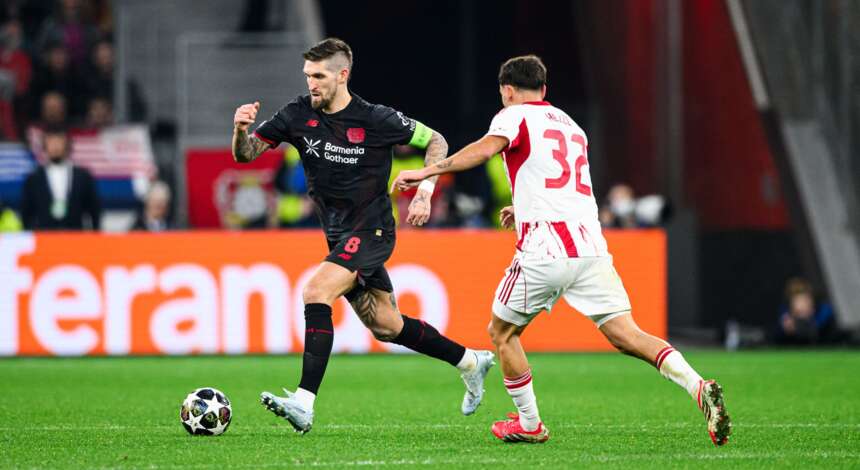
0-0 draw with Olympiacos puts Werkself in Champions League Round of 16
A disciplined defensive performance in the second leg saw Bayer 04 prevail against Olympiacos in the play-offs of the UEFA Champions League 2025/26. Thanks to the 2-0 away win in the first leg, the goalless draw at home at the BayArena was enough to ensure progress to the next round. The Black and Reds kept their opponents away from their goal for the best part of 90 minutes.
Show more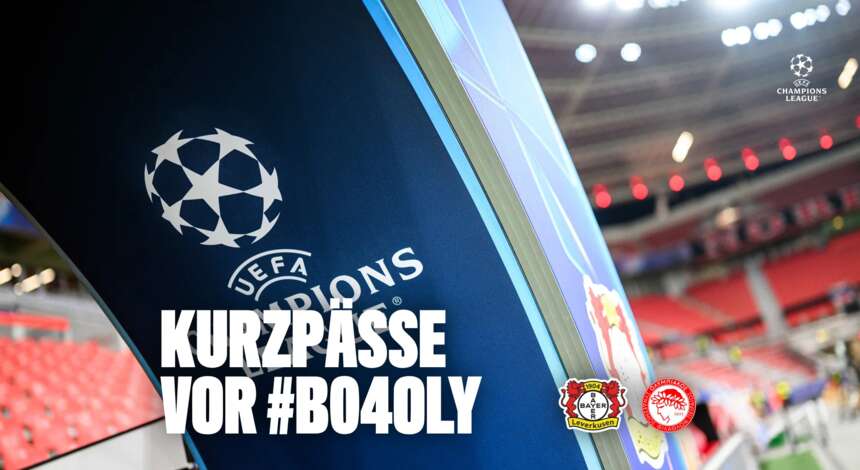
Matchday news #B04OLY: Focused on the second leg - Kießling and Flekken on Werkself Radio
Bayer 04 can go through to the Round of 16 of the UEFA Champions League for the ninth time tonight, 24 February (kick-off: 21:00 CET) and be in the top 16 clubs in Europe. A good omen: Leverkusen have progressed to the next round after winning the first leg in 20 of their 22 knockout rounds in European competitions to date. For their part, Greek record champions Olympiacos rested several players for last weekend’s league fixture ahead of the play-off second leg at the BayArena and will now do everything in their power to turn the tide with their usual aggressive and high pressing. The discussions on Werkself radio are likely to be just as intense as the battle on the pitch, with commentator Florian Bechholz welcoming honorary captain Stefan Kießling and goalkeeper Mark Flekken. Today’s matchday news.
Show more
Friendly to mark the 125th anniversary of Offenbacher Kickers: Bayer 04 visit Bieberer Berg
Bayer 04 Leverkusen will play Offenbacher Kickers: As part of the 125th anniversary celebrations of the regional football league club, the Werkself will play a friendly at the Hessen club in the summer. On Saturday, 25 July 2026 (kick-off: 15:00 CEST.), coach Kasper Hjulmand's team will face OFC at Offenbach's Bieberer Berg stadium. The supporters of both clubs have maintained a close fan friendship for many years. This makes the match in preparation for the 2026/27 season a very special one, and not just for Offenbach fans.
Show more